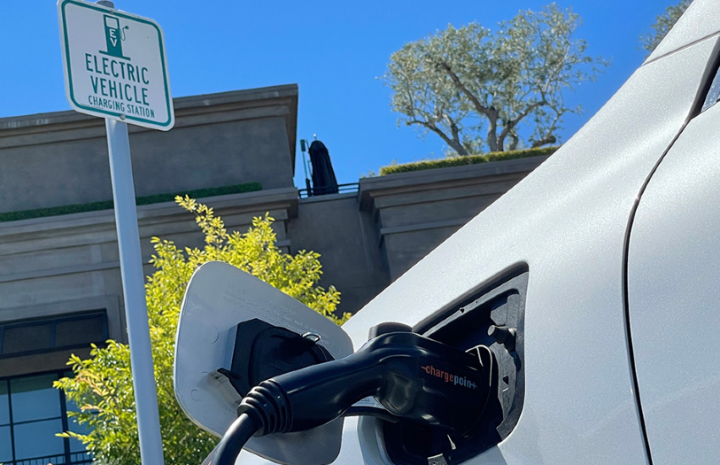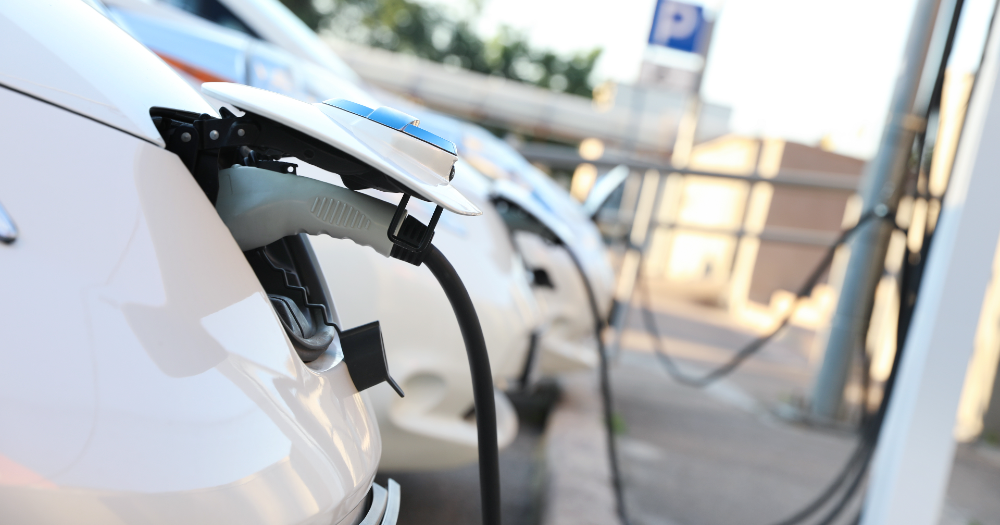Electric vehicle enthusiasts are excited about the recent climate and health care bill President Biden recently signed into law. At first glance, it looks like an amazing incentive for drivers shopping for an EV. Brand new EVs could earn a $7,500 tax credit, while a used EV would be eligible for a $4,000 tax credit. This kind of program is almost as good as the tax deduction for car donations that many drivers take advantage of to help come tax time.
Tax credits for electric vehicles are nothing new. The goal is to make EVs more affordable for Americans, which will also help increase production across the over-arching supply line. If the bill works as planned, the US will be launched into the mainstream EV market. While previous plans have included tax incentives, the new bill adjusts how these incentives work, but they are also more complicated than ever before. It ends up that not as many EVs are eligible for the tax credit as you might think.
Who Qualifies for the New Plan?
As the plan is written, single tax filers with an income up to $150,000 and couples with a combined income of up to $300,000 a year will qualify. The current average cost of an EV is $66,000, which puts it out of reach for many drivers.
The idea is to help less affluent shoppers afford new electric cars as well as help automakers expand their customer base. As production methods and technology improve, the price of EVs should become more affordable. Until then, the government hopes a tax incentive will help bridge the gap.
Luckily, other saving options, like a tax deduction for a car donation, do not have income limitations to qualify.
Electric Vehicle Requirements
Not only do shoppers have to meet a certain income threshold to take advantage of these tax advantages, but the cars themselves must meet various requirements. To get the full tax credit, the vehicle has to be assembled in North America. This part of the law went into effect the moment President Biden signed the legislation.
To date, there are more than two dozen EVs that are assembled on this continent, but many more would be disqualified. Vehicle options from car makers like Ford, Chevrolet, Tesla, Jeep, and GMC can potentially qualify for the incentives.
Starting January 1st, 2023, there are additional rules that come into effect. There used to be a price cap for used electric vehicles ($25,000), but this cap won’t apply to cars that are made in America. As for new vehicles, electric sedans have to cost under $55,000, and electric trucks, vans, and SUVs need to be under $80,000.
Another requirement for the car deals with the electric battery. A certain percentage of the minerals in the battery must come from North America or a country that has a free-trade agreement with the US. Other battery components must also be assembled in North America.
The challenge with the rule regarding batteries is that most of the critical minerals used in batteries are not available in North America. This strict rule practically disqualifies all current EVs.
Luckily, shoppers can still get partial credit, but the rules for getting even a portion are set to change over the coming years.
The Long-Term Play
While many criticize the new law, others recognize that it is meant to benefit US shoppers in the long run. Since the tax incentive is difficult to obtain right now, auto manufacturers will hopefully be encouraged to bring their supply chains to the US and cater to a less affluent crowd.
The other part of the long-term play is to reduce dependency on China for EV materials. Supporting domestic supply chains should help reduce China’s ability to control the EV market.
While the long-term effect of the new policy won’t be seen for some time, many shoppers are eager to find relief now. Only time will tell if this legislation will make a difference. Until then, shoppers will continue to look for other ways to save, like through a tax deduction for car donations that exists through various non-profit organizations.
This post may contain affiliate links. Meaning a commission is given should you decide to make a purchase through these links, at no cost to you. All products shown are researched and tested to give an accurate review for you.


